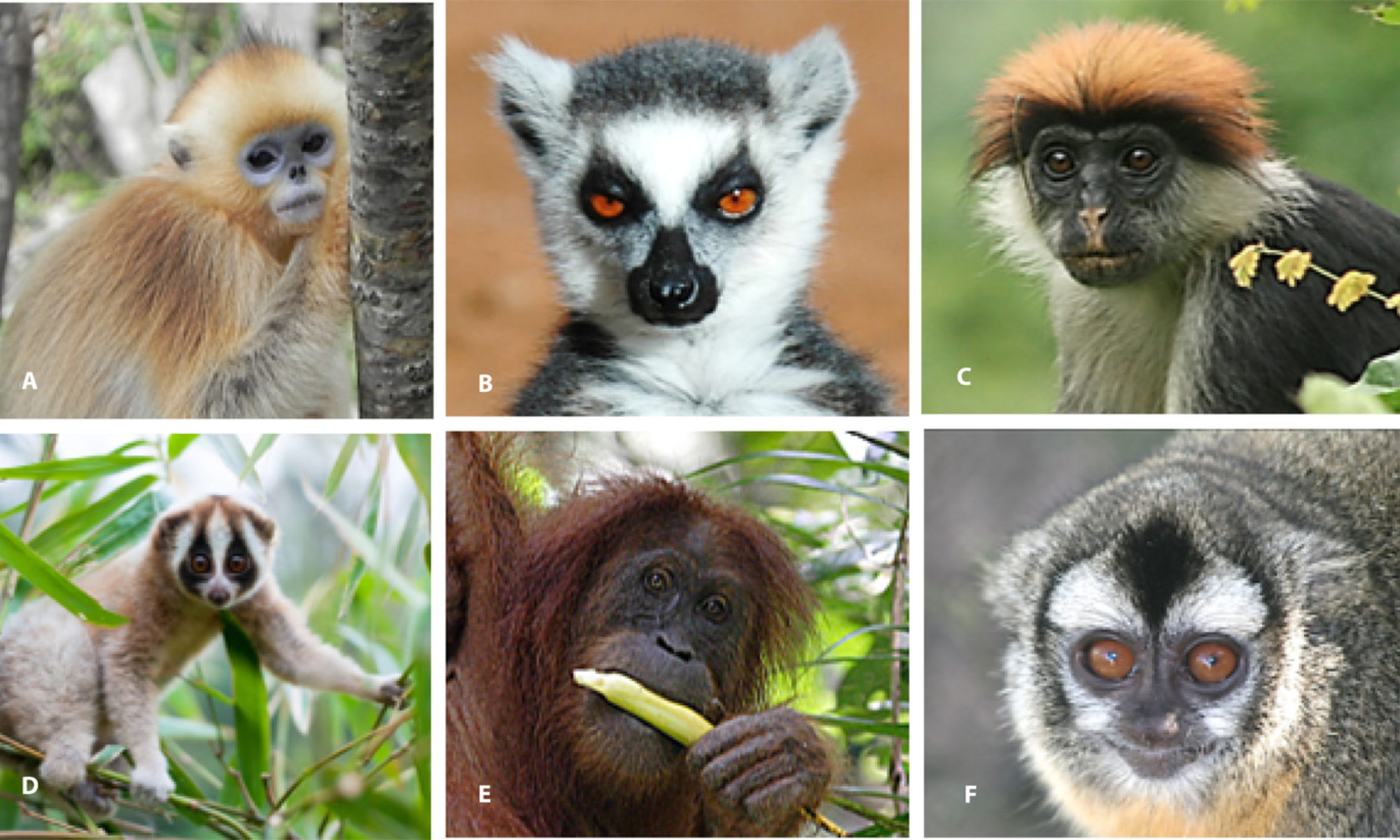Primates are our closest living relative whom we share about 99% of our DNA with chimpanzees, making them our closest living relatives. They have along historical connection with humans and contribute to biological, cultural richness and the natural heritage of the countries in which they occur. More importantly, primates are prey, predator, and mutualist species in food webs which play a key roles in ecosystem dynamics. So, acknowledging their importance in the ecosystem and culturally, determined our interest on conserving them.
However, deforestation, hunting, illegal trade, and wood extraction are leading to a worldwide impoverishment of primate fauna. Drivers of primate loss are dynamic and interact with each other at local, reginal, and global scales. But, primates are most affected by deforestation because they are in danger of losing their habitat. Increased human activity forested areas in recent years has caused forests to be divided up into fragments causing deforestation. Also, this is facilitated by poor governance of many countries, too.
Fortunately, it is not too late to save primates. There are steps to follow to improve the situation. First, the campaign of reforestation should be mandatory to all government and apply in all area. Second , rebuilding and enhancing landscape connectivity to areas affected. Third, improving governance which will help to apply this changes.



